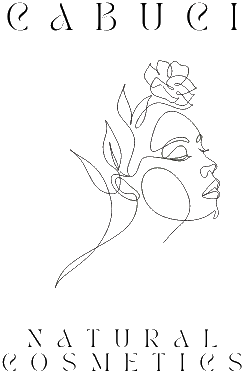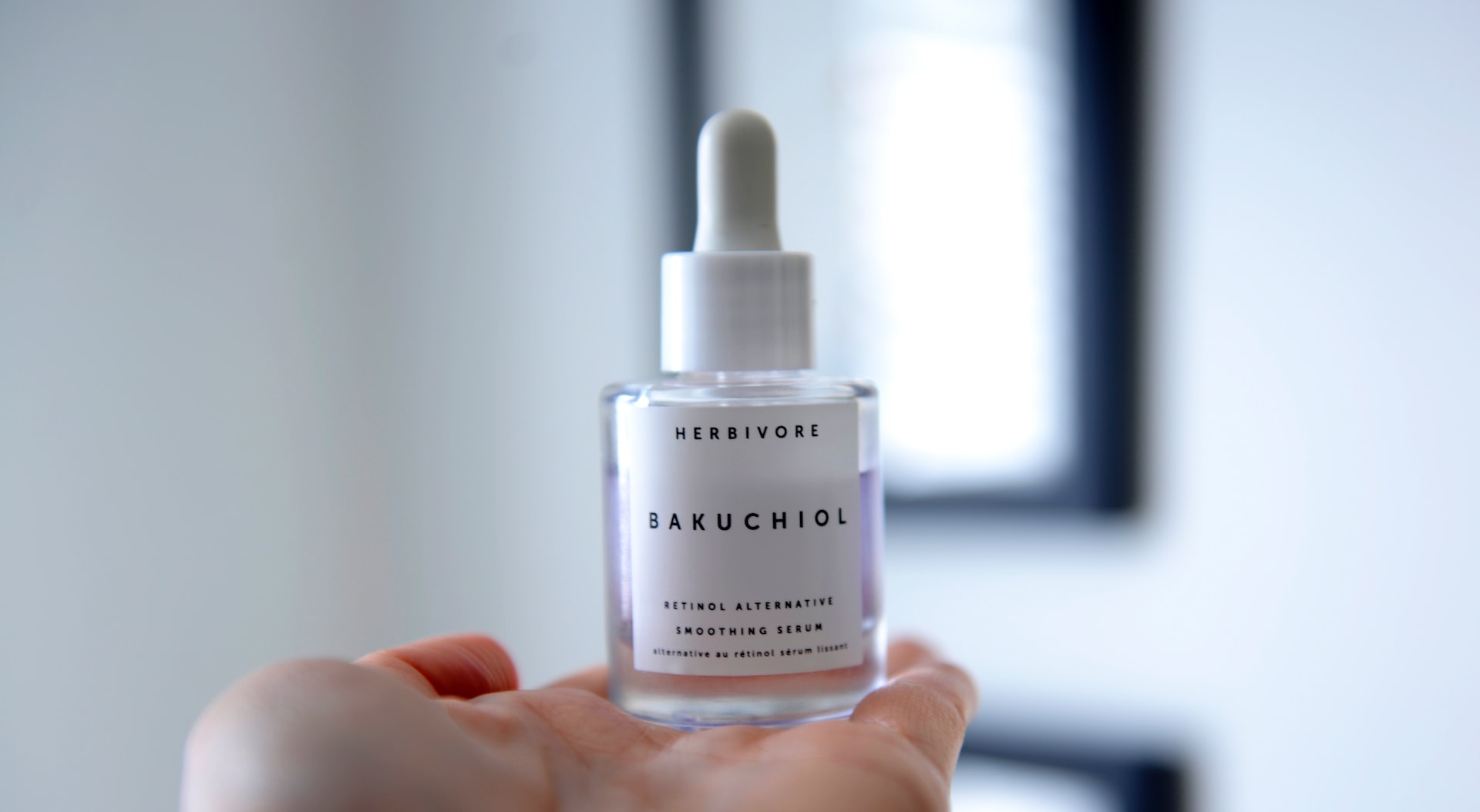Retinol helps to reduce the appearance of wrinkles by stimulating collagen production and cell turnover.
Also helps to prevent acne breakouts by regulating the production of oil on your skin.
Helps to promote healthier-looking skin and reverse damage from sun exposure.
Can help to fade dark spots and discolorations on your skin caused by sun damage or acne scars.
Retinol is a natural exfoliator that will help you shed dead cells on your face more quickly, which will make your complexion look brighter.
Retinol is a vitamin A derivative that helps to rebuild skin cells and reduce the look of wrinkles.
1. Reduces Wrinkles
2. Improves Skin Texture
3. Combats Acne
4. Reduces Scarring
5. Fades Age Spots
6. Improves Skin Tone
7. Diminishes Dark Circles
8. Minimizes Pores
9. Prevents Premature Aging
10. Lightens Skin
Retinol is a type of vitamin A that is used to fight wrinkles, dark spots, and acne. It has been found to be more effective than other topical treatments because it can penetrate into the skin layers and work on the deeper layers of the skin.
Retinol has been found to be one of the best ingredients in face cream because it helps reduce wrinkles, dark spots, and acne. It also helps with sun damage because it can penetrate deep into the skin layers. Retinol is an ingredient that you should look for when buying a face cream for your face.
5 Surprising Effects Of Retinoids
Retinoids are a type of vitamin A that is used in many skincare products. It is also found in foods like liver, eggs, and carrots. Retinoids are often used to treat acne, but they can have some serious side effects.
Retinoids can make your skin more sensitive to sunlight and increase the risk of sunburns. They can also cause redness, peeling, and itching on your skin. Retinoids can also cause dryness and a loss of elasticity on your skin which will make wrinkles more prominent over time.
Retinoids are often prescribed to treat acne because it reduces the amount of oil on your face. However, retinoids have been linked with an increased risk for certain cancers like lung cancer or breast cancer in women who smoke cigarettes
Retinoids are a type of vitamin A, and it is responsible for the production of collagen in the skin. Retinoids are most commonly used to treat acne, but they have also been used to treat other skin conditions such as psoriasis or eczema. Here are five surprising effects that retinoids have on your skin:
1) Retinoids can help clear acne. Acne is caused by excess sebum production and clogging of pores by dead cells. Retinoids help reduce sebum production and unclog pores, which can help clear up acne.
2) Retinoids can make you more sensitive to sunlight. For this reason, people with sensitive skin should use sunscreen when they go out in the sun while using retinoids because they can make sunburns.
Retinoids are a type of medication that is used to treat skin conditions such as acne, wrinkles, and sun damage.
5. Retinoids may cause skin irritation
4. Retinoids can cause dryness in the skin
3. Retinoids can irritate the eyes
2. Retinoids may cause redness or swell in the skin
1. Retinoids can cause peeling of the skin
5 Disadvantages Of Retinol In Face Cream
Retinol is a powerful antioxidant that has been proven to reduce the appearance of fine lines and wrinkles, improve skin tone and texture, and unclog pores.
However, there are some disadvantages to using retinoid-based face creams.
1. Irritation: Retinoids can cause irritation in some people with sensitive skin. This is because they are derived from Vitamin A which can be an irritant for those with sensitive skin types. Retinol can cause irritation and redness of the skin on application, peeling, and dryness. Can cause severe allergic reactions in some people which may lead to hives or swelling.
2. Acne: Retinoids have been shown to increase acne in some people because it causes the sebaceous glands (glands that produce sebum) to produce more oil (sebum).
3. Dryness: Retinoids can dry out the skin because they are derived from Vitamin A which is a drying agent for
4) Eye sensitivity: Retinoids are not recommended for use around your eyes as they can damage your cornea.
5) Sun sensitivity: Retinoids make skin more sensitive to UV rays which may lead to sunburns or an increased risk of skin cancer.
Retinol is a vitamin A derivative that is found in many over-the-counter skincare products. It has been used for decades to reduce the appearance of fine lines and wrinkles, but it can also lead to some side effects.
Retinol is a form of vitamin A that is used in skincare products. Retinoids are derivatives of vitamin A and are used to treat acne and other skin conditions.
1. Irritation: Retinoids can cause irritation, dryness, redness, scaling, peeling, burning, or stinging.
2. Sensitivity to sunlight: Retinoids make your skin more sensitive to the sun so you should use sunscreen when using retinoid-based creams.
3. Skin discolorations: Retinoids may cause dark spots or hyperpigmentation on your skin which can be permanent if not treated immediately with topical treatments such as hydroquinone and tretinoin (Retinoic acid).
4. Itching: Some people may experience itching due to treatment with retinoids
Conclusion: Is Retinol Good Or Bad Choice For Your Skin?
Retinol is a good choice for your skin if you are looking for something to reduce the appearance of wrinkles and fine lines. It is also good for those who have sensitive skin or easily react to other products.
Retinol is not recommended if you want a moisturizer that can provide hydration.
Retinol should be avoided if you have acne or oily skin as it may make these conditions worse.
Retinol is a topical cream that is used for a variety of skin conditions, including psoriasis and eczema. It can also be used to treat dermatitis, acne, and other skin irritations. Retinol is not a prescription drug, but it does need to be prescribed by a doctor.
Retinol has been shown to be effective in treating many skin conditions. It works by regulating the production of keratin, which is the main protein in your skin. This helps with dryness and scaling that can occur as a result of these conditions. Retinol also reduces inflammation and redness in the area where it is applied.
Mental health professionals are using retinoids in treatment plans as they are proven to help with depression symptoms such as low moods or irritability
Retinol is a skincare product that is supposed to be good for your skin. But is it really?
There are many different types of skincare products on the market, but Retinol is one that seems to stand out.
It claims to be a natural product and has been said to be effective in repairing damaged skin.
But how does it work and what are the side effects? There are many questions left unanswered by Retinol.
Retinol is a topical drug that is used to treat acne. It is a combination of two active ingredients: retinol and benzoyl peroxide.
Retinol, also called vitamin A, is an essential nutrient for the skin because it helps with cell growth and repair, which can help reduce acne.
Benzoyl peroxide works by reducing the number of bacteria on the skin and in pores, which can help reduce acne breakouts.
The benefits of Retinol are that it treats both inflammatory and non-inflammatory acne lesions. It also has a low risk of side effects when applied to the skin, but it should not be used by pregnant women or people who are allergic to benzoyl peroxide or retinoids.








